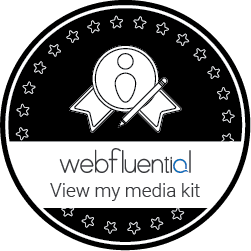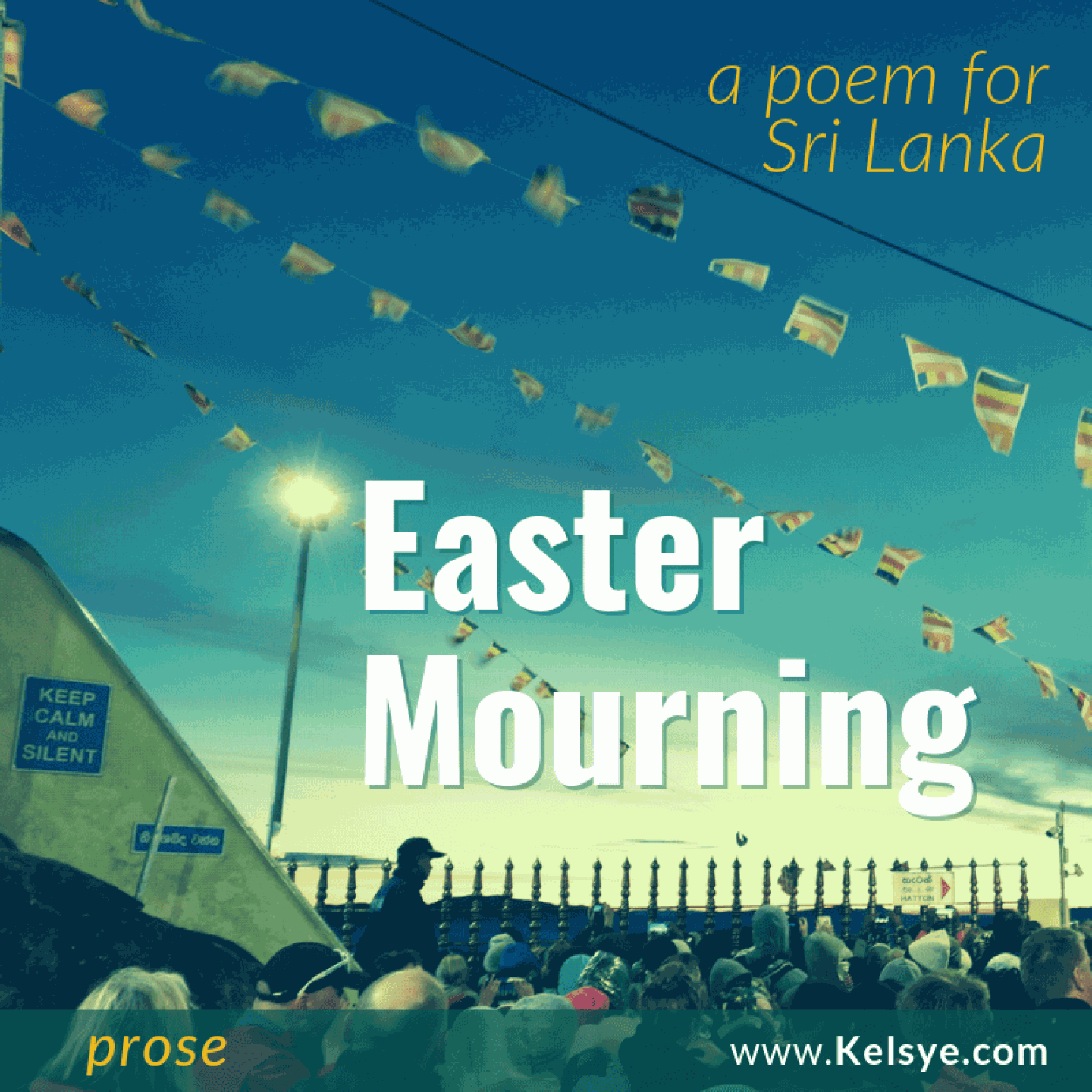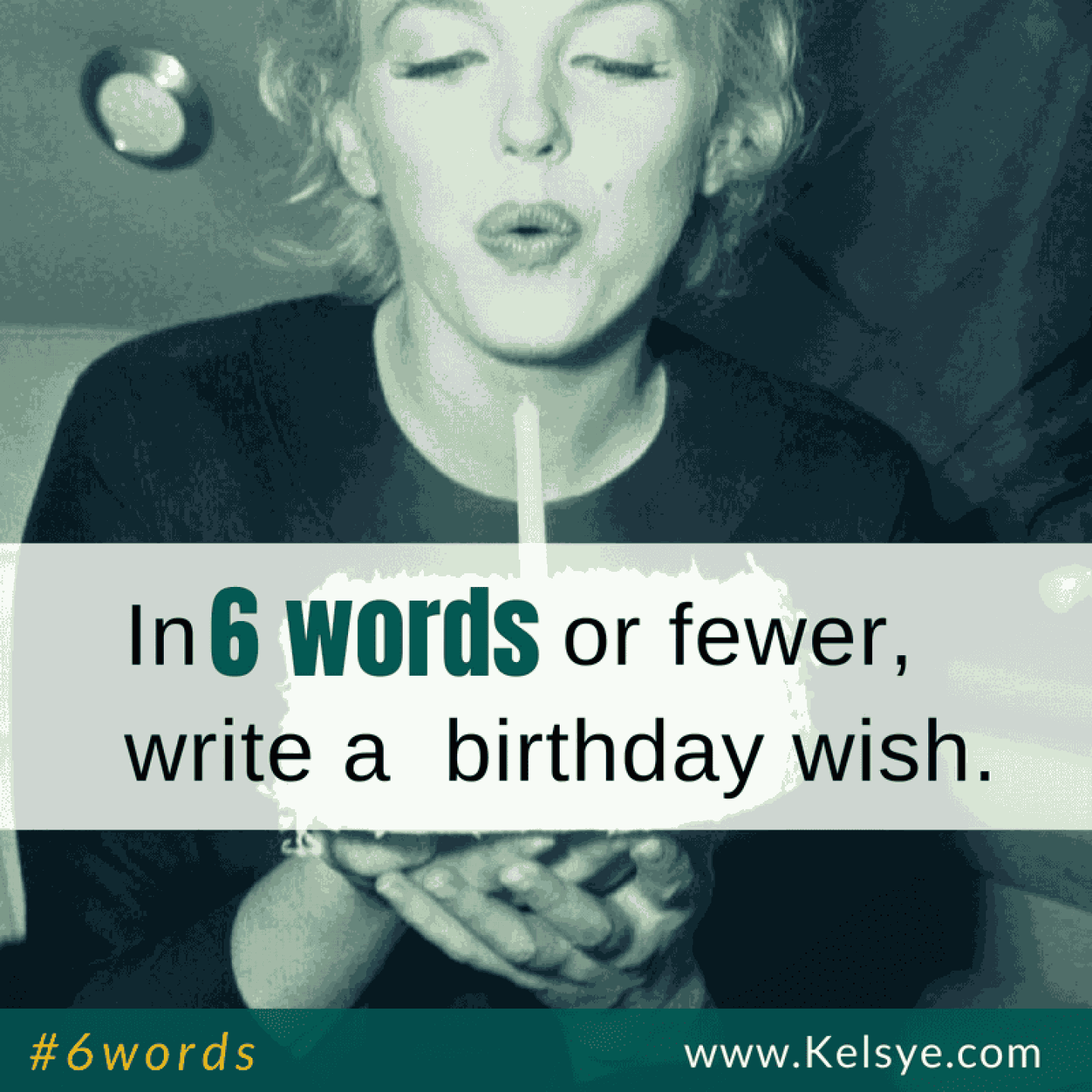It's true! You can use Booktrack to add soundtracks to your books. Not only does this create a new and compelling way for readers to experience books, but gives authors another opportunity to connecting with readers in unique ways. Jason Hovey, VP at Booktrack, joined me online to give us an overview.
Watch the video to learn how you can use Booktrack to reach the 1.4 million readers on their platform.
Platform tip: One takeaway I pulled from Jason's talk that applies well to indie authors is to put up a free sample or first chapter of your book on Booktrack and then link to your site where interested readers may purchase the work in entirety.



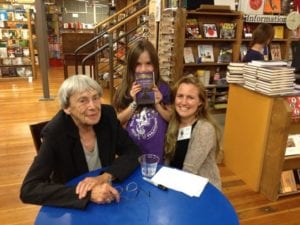


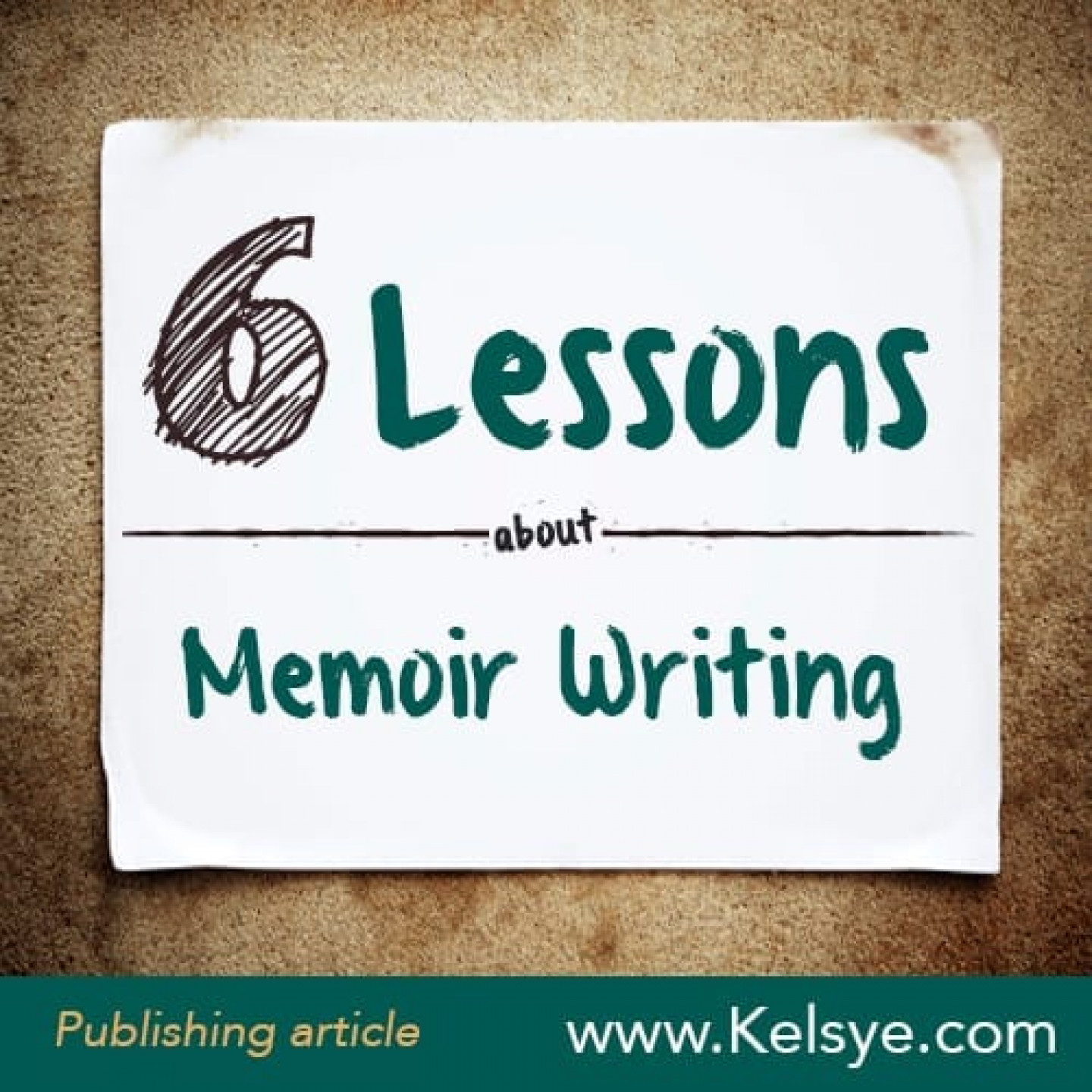
 This is a guest post by bestselling memoirist and friend
This is a guest post by bestselling memoirist and friend 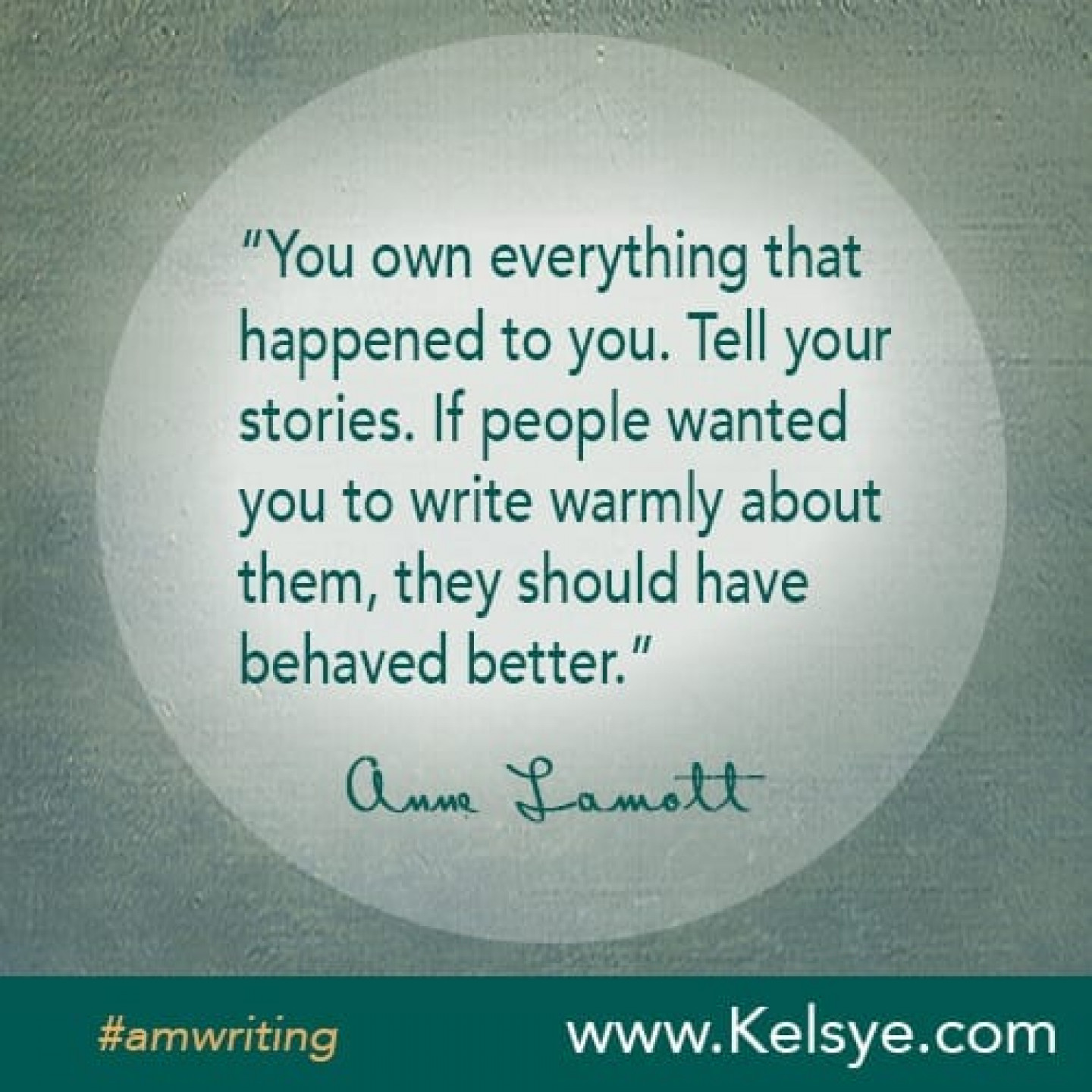

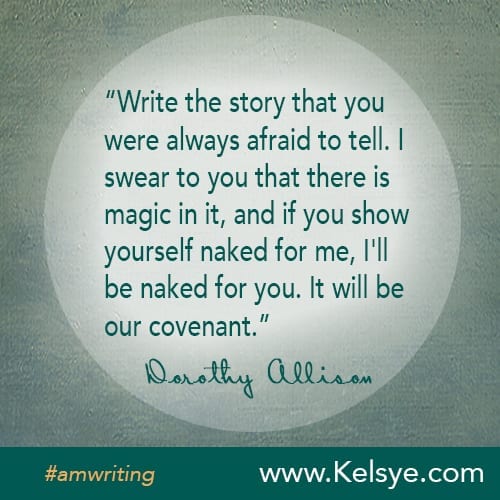
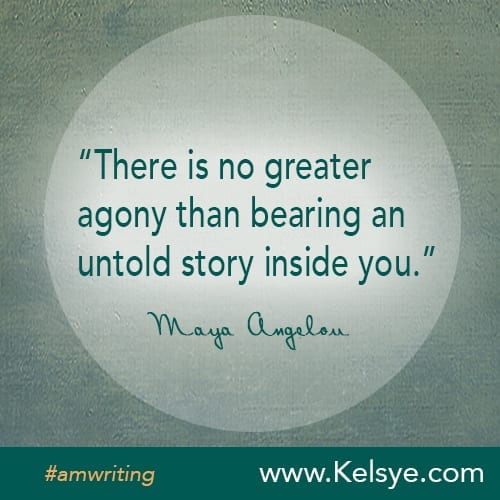
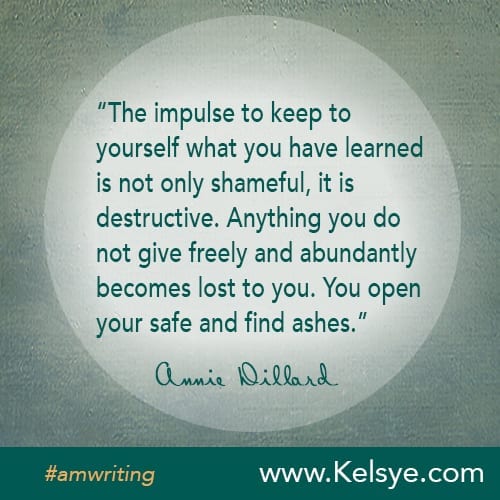
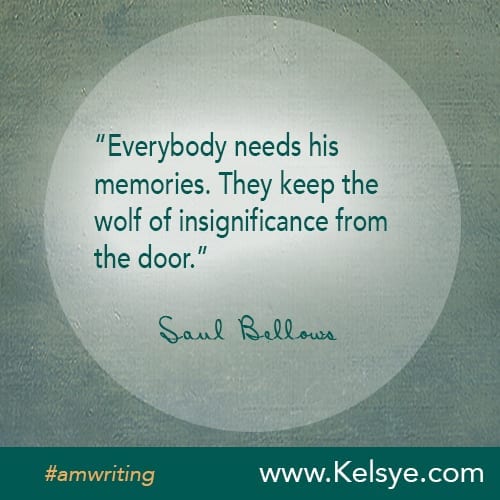
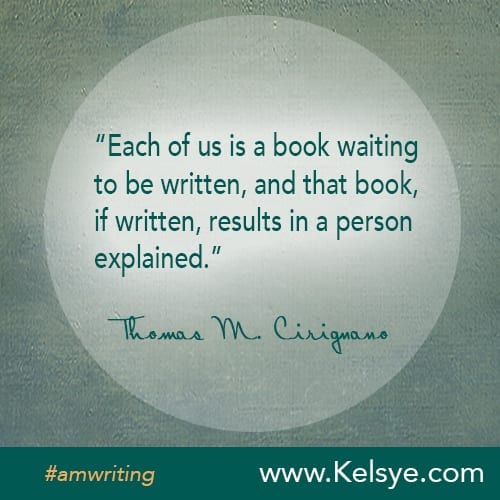
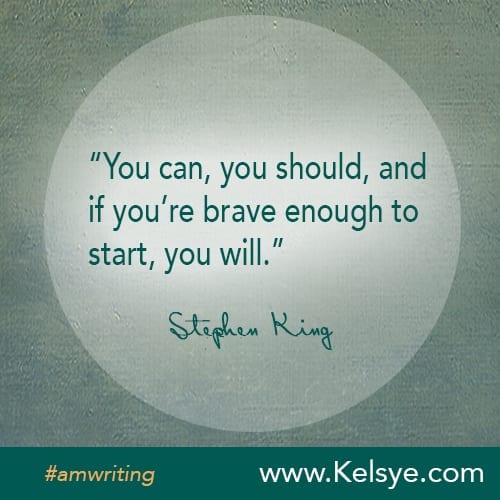

 Simply put, your author platform is your audience.
Simply put, your author platform is your audience. When I ask
When I ask 
 By building an author platform and getting my writing out into the world, I was able to attract a literary agent without writing a single query letter. I am now happily signed with
By building an author platform and getting my writing out into the world, I was able to attract a literary agent without writing a single query letter. I am now happily signed with 




